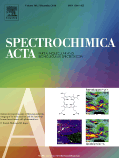 “Retractions are part and parcel of academic and scientific publication. Court ordered retractions are not.”
“Retractions are part and parcel of academic and scientific publication. Court ordered retractions are not.”
So ends a judge’s September 30, 2016 opinion dismissing a case brought in 2014 by Andrew Mallon, a former Brown University postdoc, alleging that his advisor and former business partner, John Marshall, had published a paper in 2013 in PLOS Biology that should have listed him as a co-author.
As with most court cases, this one had a long backstory: An earlier version of the paper had listed Mallon as a co-author, but was rejected by Neuron in 2011; after the authors had a dispute over the data, a different version of the manuscript was submitted to PLOS Biology in 2012, leaving Mallon off the co-author list. So Mallon had sued to have the paper retracted.
In communications with Retraction Watch and other media, as well as during depositions of the plaintiffs, Mallon referred frequently to allegations of scientific misconduct, including the fact that the first author of the PLOS Biology paper had an unrelated paper retracted in 2010 for duplicated data. However, this case was brought under the Copyright Act, which focused on the authorship dispute.
Kevin Tottis, who represented Marshall and co-defendant Dennis Goebel, told Retraction Watch his clients “are delighted with the judge’s decision.” Massachusetts District Court Judge Timothy Hillman, he said, Continue reading Judge tosses case, saying that court-ordered retractions are not part of scientific publication
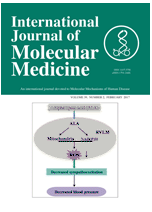
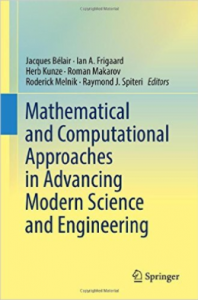
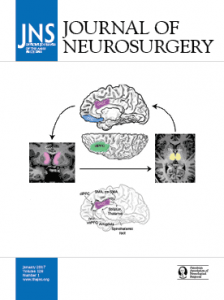


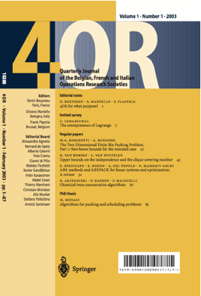 Recently, the editors of a journal about management science received a submission from a prominent Dutch economist. But something didn’t feel right about it.
Recently, the editors of a journal about management science received a submission from a prominent Dutch economist. But something didn’t feel right about it.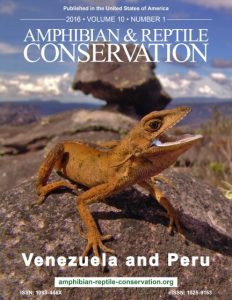
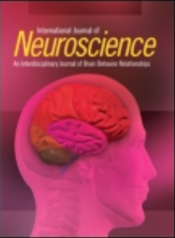
 In a massive cleanup, Springer and BioMed Central announced today they are retracting 58 papers for several reasons, including manipulation of the peer-review process and inappropriately allocating authorship.
In a massive cleanup, Springer and BioMed Central announced today they are retracting 58 papers for several reasons, including manipulation of the peer-review process and inappropriately allocating authorship.